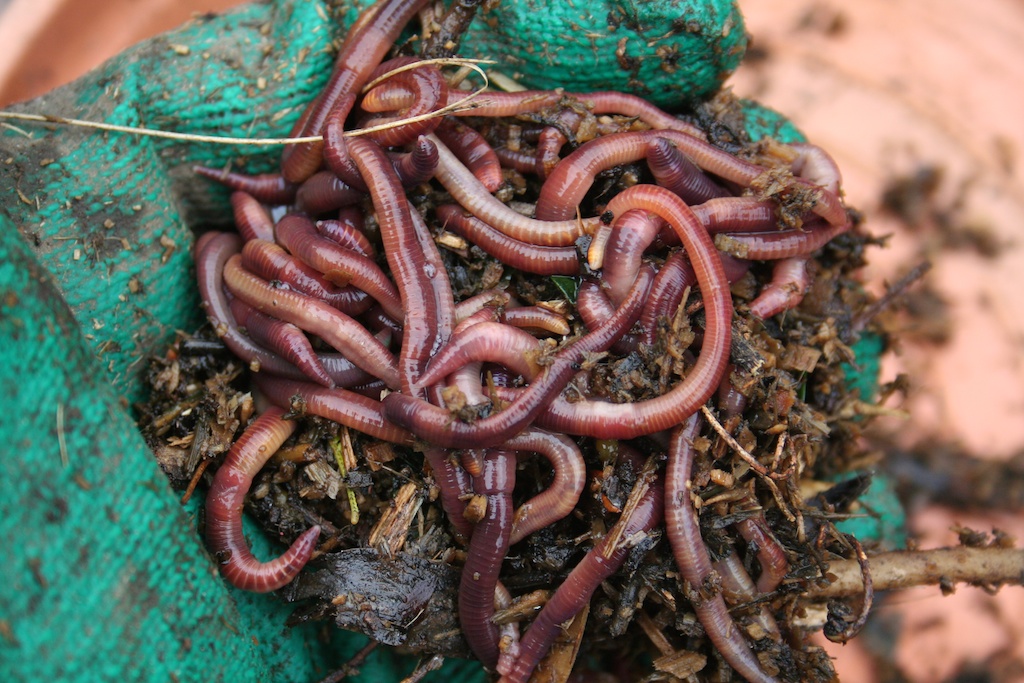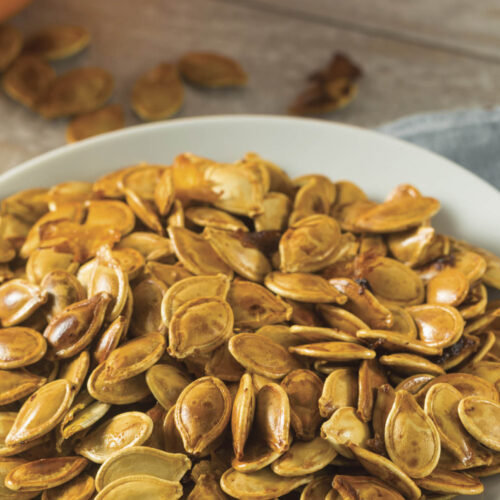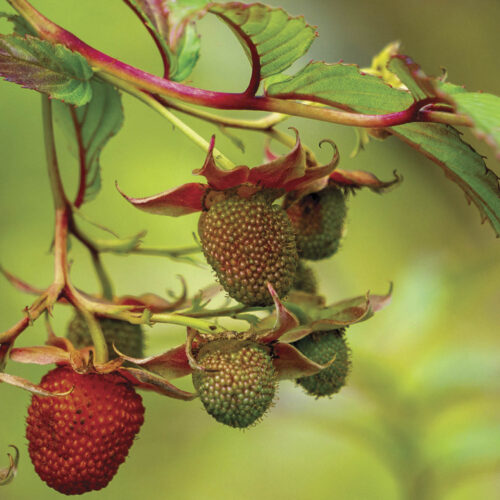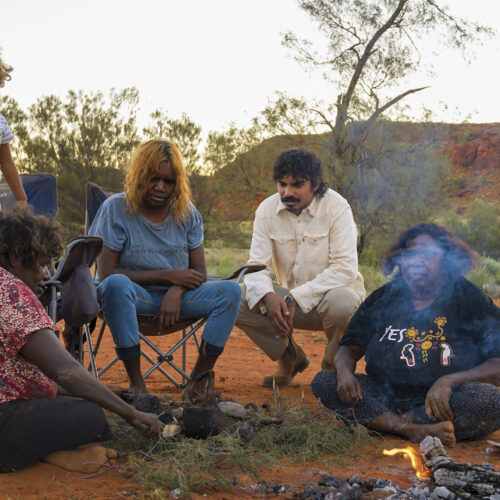Worm warriors
2015-05-29T02:46:07+10:00
Diverse soil communities can limit the effects of climate change, explains PENNY WOODWARD.
Just released research from a collaboration between United States, Norway and Czech Republic universities has shown that healthy and diverse soil communities can limit the effects of climate change.
As gardeners we know that the soil is the starting point for healthy plant growth, and increasingly we are discovering that probably the most important thing we can do in the garden and in agriculture is to ensure a healthy and diverse soil food web. By not using pesticides and fungicides and by adding living compost to our gardens we can maintain and add to this diversity.
This research found that when fungi, bacteria, protozoa, nematodes, arthropods and worms are all living in balance with plants, then they will naturally buffer the ecosystem against the damage caused by global warming. But how does this work?
Extensive research has shown that during the normal process of soil microorganisms breaking down dead plants and animals, large amounts of greenhouse gases are released into the atmosphere. This natural breakdown causes 10 times as much greenhouse gas to be produced as is produced by humans. This volume of greenhouse gas emissions has always been the case and it is a natural part of the way our environment works. (It is the human generated emissions that are currently causing the imbalance). The worry has been that global warming would exacerbate the natural carbon releases by increasing the activity of the microbes and leading to more gases and a worsening in global warming, creating a feedback. However this study, which has been published in Proceedings of the National Academy of Sciences, has shown that: “In disturbed environments, where soil animals are not present, the feedback between climate change and microbial carbon production was strong,” but, “When the soil community is healthy and diverse, we saw that animals feed on the miroorganisms, limiting the feedback effects.”
So, in the same way that predator animals above the ground keep smaller animals under control and in balance, predators in the soil like insects, arthropods and worms, feed on microbes that release carbon so that carbon emissions are lower and more carbon stays in the soil.
It is clear that as gardeners we can all help to delay catastrophic warming by maintaining healthy gardens, compost heaps, worm farms and thus a busy and active soil microflora and fauna as well as the insects, arthropods, worms and more that feed on them.
Thomas W. Crowther, Stephen M. Thomas, Daniel S. Maynard, Petr Baldrian, Kristofer Covey, Serita D. Frey, Linda T. A. van Diepen, Mark A. Bradford. Biotic interactions mediate soil microbial feedbacks to climate change. Proceedings of the National Academy of Sciences, 2015; 201502956 DOI: 10.1073/pnas.1502956112






